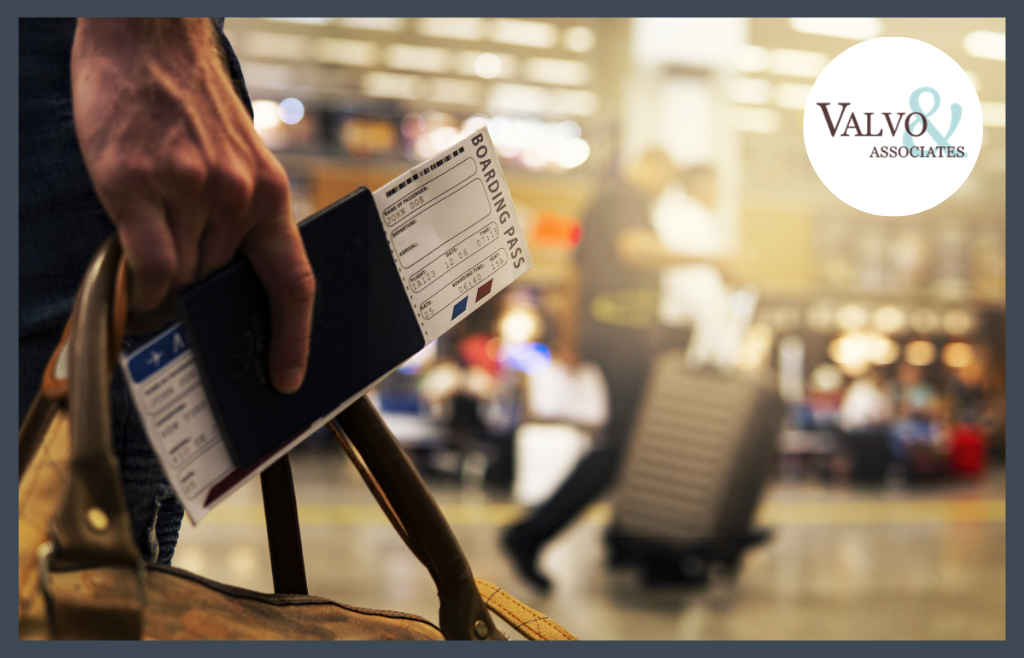For visa holders living and working in the United States, travel used to mean a chance to see family, attend a wedding, or return briefly to headquarters overseas. Now, it might mean hours of detention, an unexpected refusal of entry at the border, and a serious threat to your legal status.
You followed the rules. You were issued a valid visa by the U.S. Embassy or a Form I-797 Approval Notice by USCIS. But the agency that controls your ability to re-enter the country—US Customs and Border Protection (USCBP)—does not answer to the same standards. We are seeing people with valid documents pulled aside, interrogated, and even refused entry based on minor technical issues. In some cases, they are being detained for days without charges.
A Visa Is Not a Guarantee—It Is a Ticket to the Interview
A visa does not guarantee entry into the United States. It only allows you to present yourself at the port of entry to be inspected by a USCBP officer. That officer can still deny you entry—even if you have been approved by USCIS and issued a visa by the Department of State.
This has always been the rule, but today, USCBP officers are using their discretion in ways that go far beyond what anyone expected. We are seeing more aggressive questioning, suspicion over job roles, and delays for people who have done everything right.
Green card holders are now facing similar treatment. If you are working in the US and your life is rooted here, you need to think twice before traveling internationally right now.
Follow Travel Protocols That Minimize Risk
If you absolutely must travel, prepare yourself and your employer/employees beforehand. Start by making sure your direct supervisor or HR manager knows the exact details of your trip—dates, airline, flight number, and expected arrival time back into the U.S.
Choose flights that arrive during weekdays and normal business hours when more oversight may exist, and legal contacts can be reached. Always carry business cards that show a title matching what is listed on your visa paperwork. Know your supervisor’s phone number and be ready to call them if USCBP asks for confirmation.
If you can show that you are on payroll and actively employed in the role stated in your petition, that helps. In some cases, it may make sense to travel with a copy of the key parts of your original petition.
Prepare Your Employer for a Potential Call from USCBP
Supervisors and HR managers should not be caught off guard. They need to know your job title, what you do day-to-day, and whether you supervise other employees. They should know your gross base annual salary and be able to speak confidently about your role in the company.
We are advising clients to prepare one-page summaries that HR can quickly reference or pass along to USCBP officers. This should include your name, job title, job description, salary, and team structure. The more consistent your paperwork, your in-person responses, and your employer’s answers, the less likely a USCBP officer will find a reason to deny you entry.
Make the Right Choice to Protect Your Status in the United States
Your legal status is too important to risk on unnecessary travel. If you’re unsure whether to leave the US, speak to an attorney who understands what you’re facing. We know what is happening at the ports of entry, and we are ready to help you stay protected. Contact Valvo & Associates today to get the legal immigration solutions you need to move forward safely.

